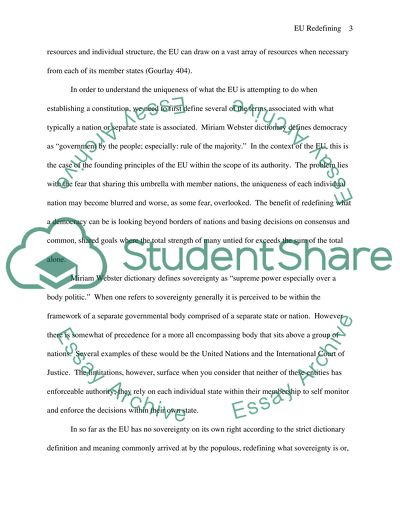Cite this document
(“The European Union Master Essay Example | Topics and Well Written Essays - 1750 words”, n.d.)
Retrieved from https://studentshare.org/law/1518749-the-european-union-master-essay
Retrieved from https://studentshare.org/law/1518749-the-european-union-master-essay
(The European Union Master Essay Example | Topics and Well Written Essays - 1750 Words)
https://studentshare.org/law/1518749-the-european-union-master-essay.
https://studentshare.org/law/1518749-the-european-union-master-essay.
“The European Union Master Essay Example | Topics and Well Written Essays - 1750 Words”, n.d. https://studentshare.org/law/1518749-the-european-union-master-essay.


